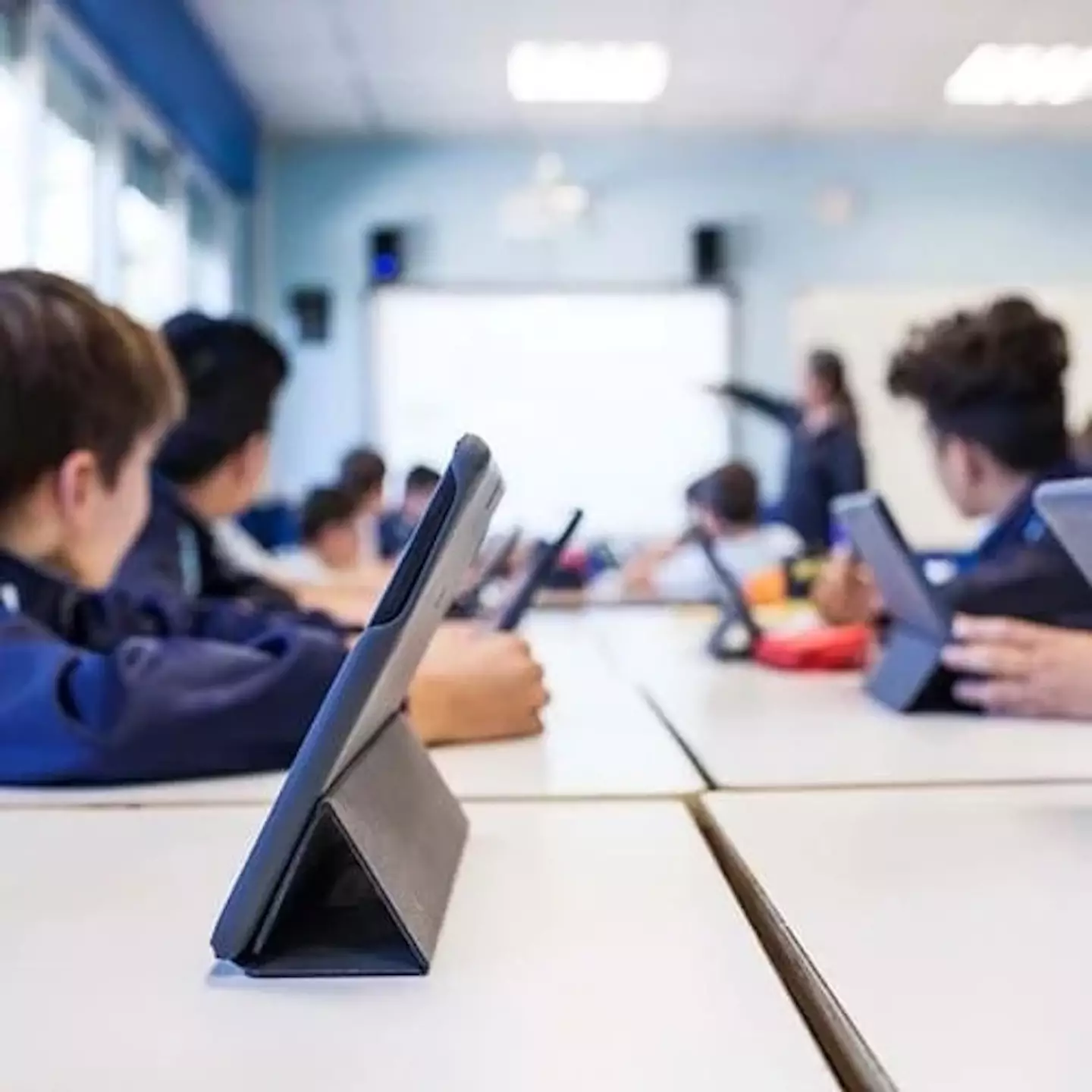
Schools have started to ban AI apps in a bid to stop them completing children's homework.
The likes of ChatGPT are causing a massive headache for school teachers, and there are fears it could help students to do their essays and equations.
What is rightly or wrongly considered a 'dream' for young scholars is a potential nightmare for educators and parents.
The value of good ol' hard work could be disappearing before our eyes as the likes of the Open AI's ChatGPT bots are able to complete complex code and algebra within seconds.
It has been shown to be able to create passing grade answers at university level, while being able to complete varying levels of homework.
Advert
The software can write long papers in several languages and is completely free to use.
As a result, public schools in New York and Seattle have opted to block ChatGPT.
In France, Sciences Po university in Paris has also just announced a ban on its use, reports Euronews.
Research conducted by BCS, The Chartered Institute for IT - with its 124 members of its Computing at School (CAS) network - found that 62 percent believe that chatbots like ChatGPT will make it harder to mark students’ work fairly.
Fifty-six percent of teachers thought that schools lacked a plan for what is to come.

Meanwhile, 33 percent say discussions are now taking place to raise awareness, while 11 percent claim that plans are slowly getting put in place to tackle the potential issues of the software.
At the moment, according to 78 percent of the computing teachers, there is either a 'low' or 'very low' awareness of ChatGPT.
However, it is not all doom and gloom as 45 percent of the group believe that ChatGPT will help improve their teaching in the long term.

"Assuming these generative AI programmes remain freely accessible, teenagers are going to use them to answer homework assignments - just like adults will come to rely on them at work," says Julia Adamson, MD for Education and Public Benefit, at BCS, The Chartered Institute for IT.
“Computing teachers want their colleagues to embrace AI as a great way of improving learning in the classroom.
“However, they think schools will struggle to help students evaluate the answers they get from chatbots without the right technical tools and guidance.

“Calculators used to be banned from exams but are now mandatory.
“We need to bring machine learning into mainstream teaching practice, otherwise children will be using AI for homework unsupervised without understanding what it’s telling them.
“Another danger is that the digital divide is only going to get wider if better-off parents can pay for premium services from chatbots – and get better answers.”
CAS has since published its ‘ChatGPT for Teachers’ guide, written by a computing teacher, as part of its free library of resource materials.
Topics: Technology, Education